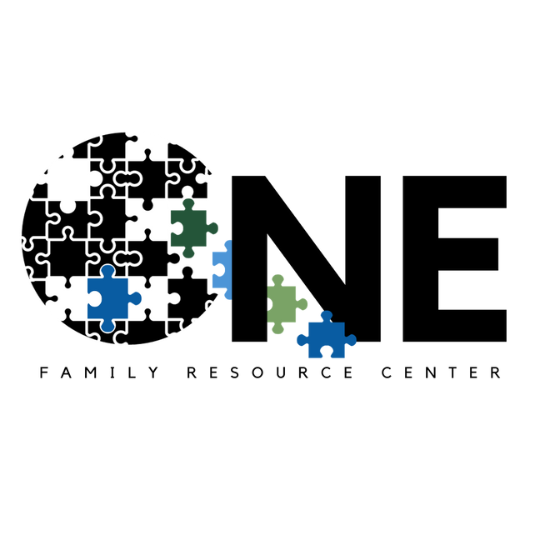
What is OTR?
F.A.Q.
What is M.A.T.?
Medication-Assisted Treatment (MAT) is the use of medication, in combination with counseling and behavioral therapies, to provide a “whole-patient” approach to the treatment of substance use disorders. Research shows that a combination of medication and therapy can successfully treat these disorders, and for some people struggling with addition, MAT can help sustain recovery.
How the Medication Work?
The prescribed medication operates to normalize brain chemistry, block the euphoric effects of alcohol and opioids, relieve physiological cravings, and normalize body functions without the negative effects of the abused drug.
Is this FDA Approved?
Medication used in MAT are approved by the Food and Drug Administration (FDA), and MAT programs are clinically driven and tailored to meet each patient’s needs.
What are the drugs that are being used?
Naltrexone/Vivitrol – needs no special waiver or certification.
What is Naltrexone?
Naltrexone blocks the euphoric and sedative effects of drugs such as heroin, morphine, and codeine, as well as the semi-synthetic opioids, like oxycodone. It works differently in the body than buprenorphine and methadone, which activate opioid receptors in the body that suppress cravings. Naltrexone binds and blocks opioid receptors, and to reduce opioid cravings. There is no abuse and diversion potential with naltrexone.
If a person relapses and use the problem drug, naltrexone prevents the feeling of getting high. People using naltrexone should not use any other opioids of illicit drugs: drink alcohol: or take sedatives, tranquilizers, or other drugs.
What are the side effects of Naltrexone?
People taking naltrexone may experience side effects, but they should not stop taking the medication. Instead, they should consult their health care provider or substance misuse treatment practitioner to adjust the dose or change the medication. Some side effects include:
- Upset stomach or Vomiting
- Diarrhea
- Headache
- Nervousness
- Sleep Problem/Tiredness
- Joint or Muscle Pain
How can Naltrexone be used for alcohol dependence?
When used as a treatment for alcohol dependency, naltrexone blocks the euphoric effects and feeling of intoxication. This allows people with alcohol dependence to reduce their drinking behaviors enough to remain motivated to stay in treatment and avoid relapses. Naltrexone is not addictive nor does it react adversely with alcohol.
Long-term, Naltrexone therapy extending beyond three months is considered most effective by researchers, and therapy may also be used indefinitely.
What do I have to do to participate in the program?
- Consent to a MD Evaluation
- Consent to a Behavioral Health Assessment for ASI
- Agree to participate in weekly substance use group or individual addiction counseling
- Agree to not actively use alcohol while participating in the program
What is the cost?
As long as you agree and participate in this pilot program your psychiatric appointment, medication, and therapy, nursing service and group participation are free.
How do I sign up?
Email your name and phone number to either of the following people and you will receive appointment confirmation within 3 business day.
Or call Douglas Outpatient Services (770) 949 – 8082 and tell the call center rep that you would like to schedule a MD Evaluation for operation targeted recovery participation.
